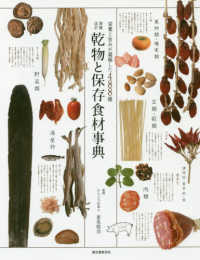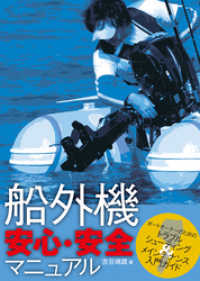Full Description
ITKSE also presents opportunities for technology teachers to reflect on and revisit their depth of technological knowledge, pedagogies, and assessment.
The intent of this bookis transformational in the sense that it brings decolonial and indigenous perspectives into the technology education context.








